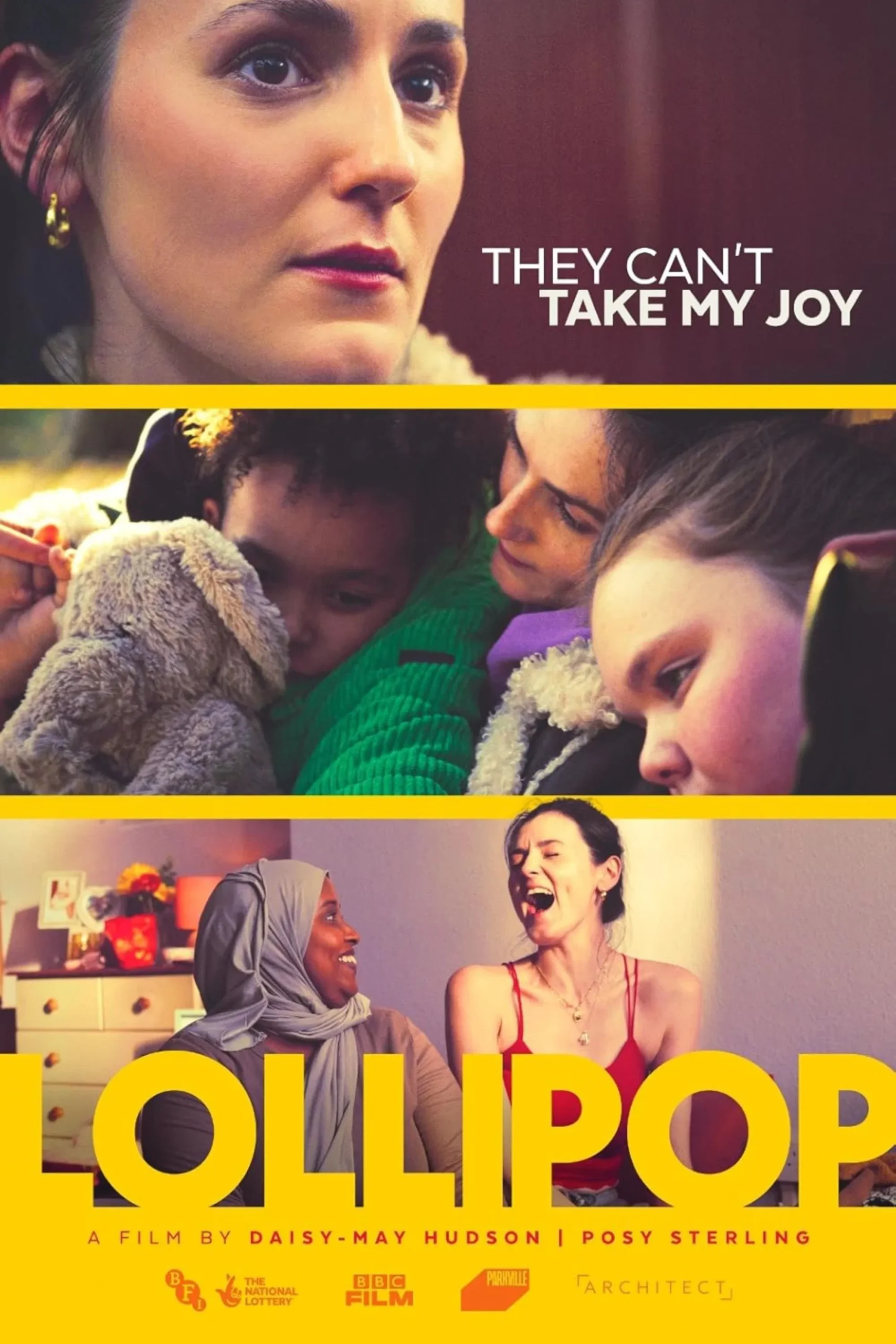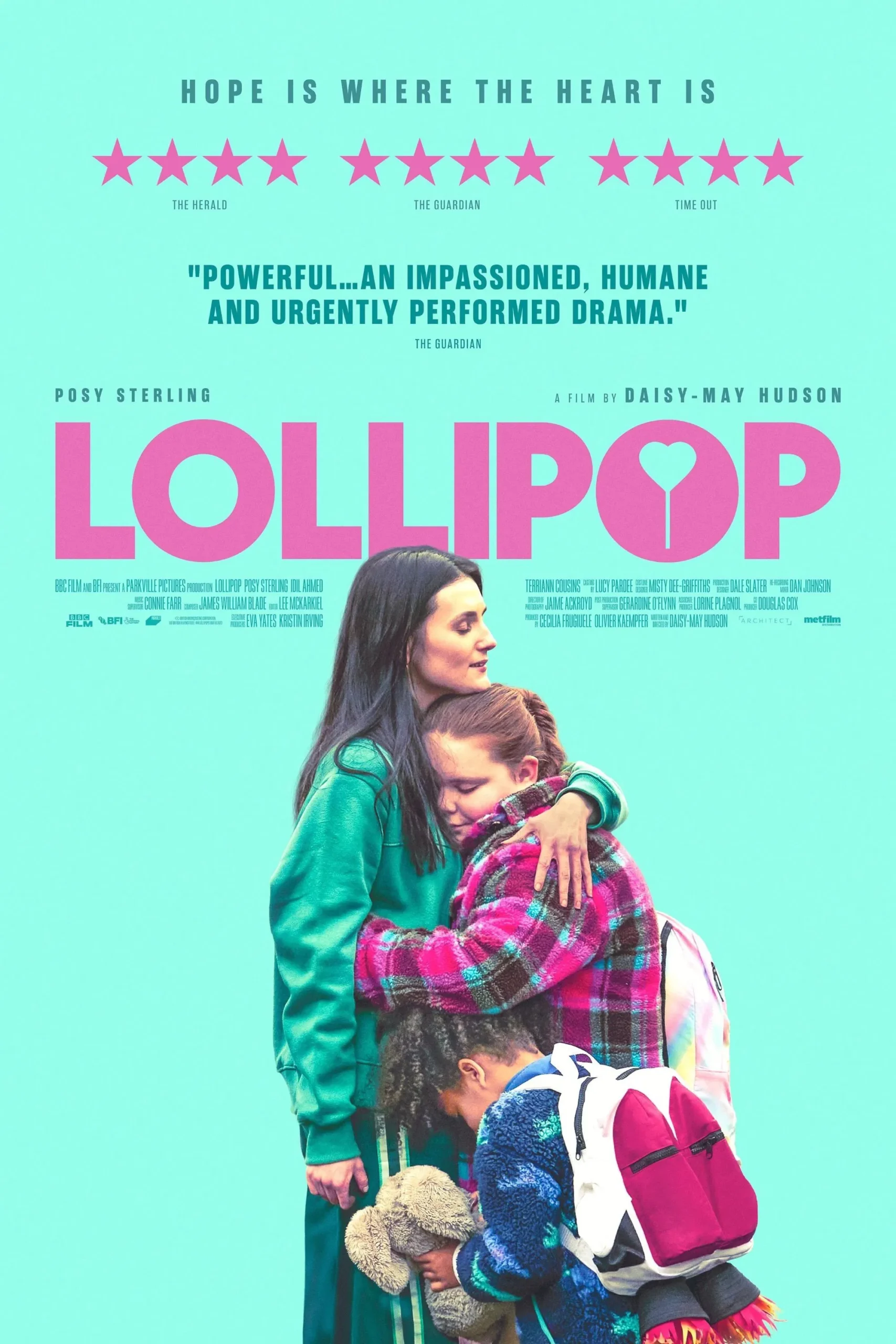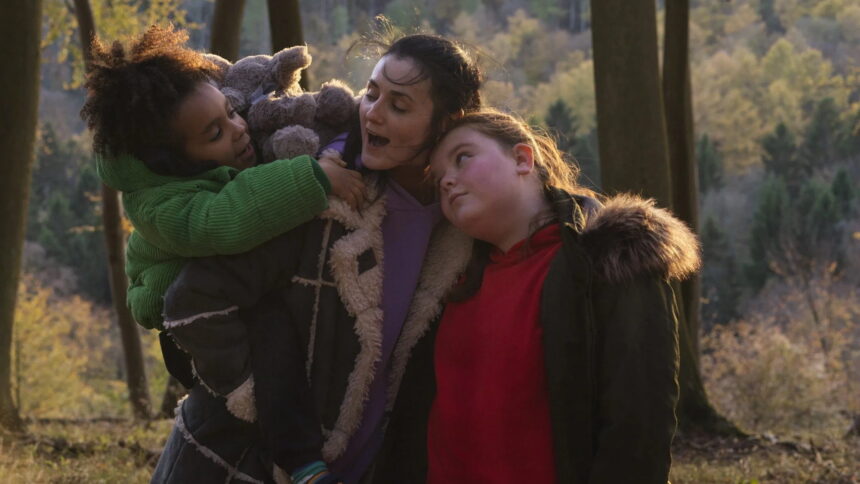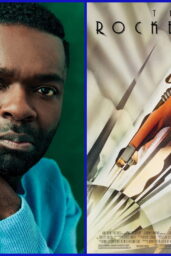You’ll either love this or hate it. Here’s why:
Most trailers sell you a fantasy. Lollipop offers you a bureaucratic hellscape with a side of hope—and somehow, it still feels like a triumph. Daisy-May Hudson’s latest, revealed in its first official trailer, doesn’t just tug at the heartstrings. It yanks the whole damn harp out of your chest.
Set in post-prison limbo, the film stars Posy Sterling as Molly, a mother freshly released after a short sentence, only to find herself stuck in a cruel administrative loop: no home, no kids. No kids, no home. Cue the gut punch. It’s Kafka—but make it council housing.
“You can take whatever you want from me… You’re never going to take my child.”
— Molly, in the trailer
Yeah. That line hits like a sledgehammer wrapped in love.
The Catch-22 at the Heart of the Drama
This isn’t just another gritty UK drama. It’s a social realism grenade. What makes Lollipop stand out is its refusal to play savior or victim. There’s no white-knight social worker. No neat redemption arc. Molly’s struggle isn’t one of morality—it’s systemic. She’s good. She’s trying. And still, she’s trapped.
The trailer shows brief but potent flashes of resilience: Sterling’s clenched jaw, Ahmed’s firecracker energy as Amina, the friend who doesn’t just listen—she fights. Their partnership isn’t just plot—it’s lifeline. The chemistry? Pure gasoline.


Been There, Done That? Not Quite.
Compare this to I, Daniel Blake (2016) or Fish Tank (2009)—two seminal British social realism films. Lollipop builds on that legacy but ditches the male martyrdom and teenage angst for something fresher: maternal rebellion. It’s not about one woman against the system. It’s about two women saying screw it—we’ll burn down the blueprint and build our own.
Hudson, known for Half Way, draws from lived experience and grassroots grit. Critics at the Edinburgh Film Festival raved about Lollipop’s balance: “Heartbreaking and heartwarming in turn, while never giving into emotional manipulation.” Translation? It earns its tears. No emotional clickbait here.
What Makes This Different
The trailer’s genius lies in its restraint. No swelling strings. No slow-motion reunions. Just claustrophobic interiors, fluorescent-lit offices, and the quiet rage of mothers with nothing left to lose.
That realism is radical in an era of trauma-core Netflix dramas that package pain like prestige TV snacks. Where shows like Maid (Netflix, 2021) turn hardship into aesthetic, Lollipop reminds you: this isn’t a style. It’s survival.
Would you risk losing your kids for a system that’s already written you off?
You don’t walk away from Lollipop’s trailer feeling inspired. You walk away furious—and maybe, just maybe, ready to do something about it.













